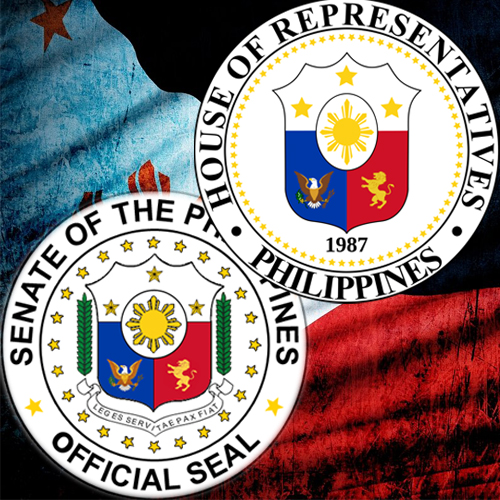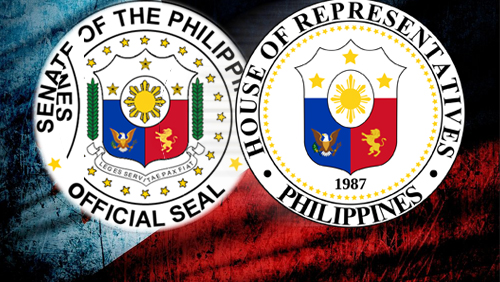 Philippine casinos and Internet gaming were spared from an amended money-laundering law that was passed by the Philippine Senate and the House of Representatives, clearing the way for the industry to continue in its quest to become Asia’s next big gambling destination.
Philippine casinos and Internet gaming were spared from an amended money-laundering law that was passed by the Philippine Senate and the House of Representatives, clearing the way for the industry to continue in its quest to become Asia’s next big gambling destination.
The decision by both the Philippine Congress and the Senate to exclude the two industries came in light of points made by House members and the Philippine Amusement and Gaming Corporation that inclusion to the new money-laundering law would drive away foreign companies from making investments in the country.
Talking to reporters following the amendment of the bill, Senator Teofisto Guingona reiterated that the exclusion of casinos from coverage was agreed upon because House members warned that doing so would “deter” foreign investors. “That’s the number one reason,” Guingona said. “And number two, Pagcor,” referring the government-owned agency.
The amendments passed by the Senate and House of Representatives apply to businesses other than banks with the intention of putting a stop to the funneling of proceeds from criminal activity, as well as to block terror funding.
It’s also interesting to point out that the Philippine’s decision to amend the existing 2001 law only came after the country came under intense scrutiny from the Financial Action Task Force, an inter-governmental body fighting money-laundering and terrorist financing, who threatened to blacklist the Philippines if it didn’t assume greeters powers to impose scrutiny on non-bank accounts, which, incidentally, includes casinos.
The country did comply, at least for the most part. Senator Juan Ponce Enrile admitted that the amendments done on the law didn’t meet the full scope of compliance the FATF wanted imposed. “We have produced enough compliance with the requirements of the FATF, but we have to go slowly since some other countries have different circumstances,” the senator said, referring to the country’s pursuit of establishing itself as a gaming hub that could potentially rival Macau and Singapore.
It remains to be seen if FATF would deem these amendments suitable to bring the Philippines out of the “dark grey list” that includes countries whose laws on money-laundering didn’t meet international standards. The organization is scheduled to meet on February 18 to review the amended law, which Philippine President Benigno Aquino is expected to sign into law in the before the scheduled meeting.






